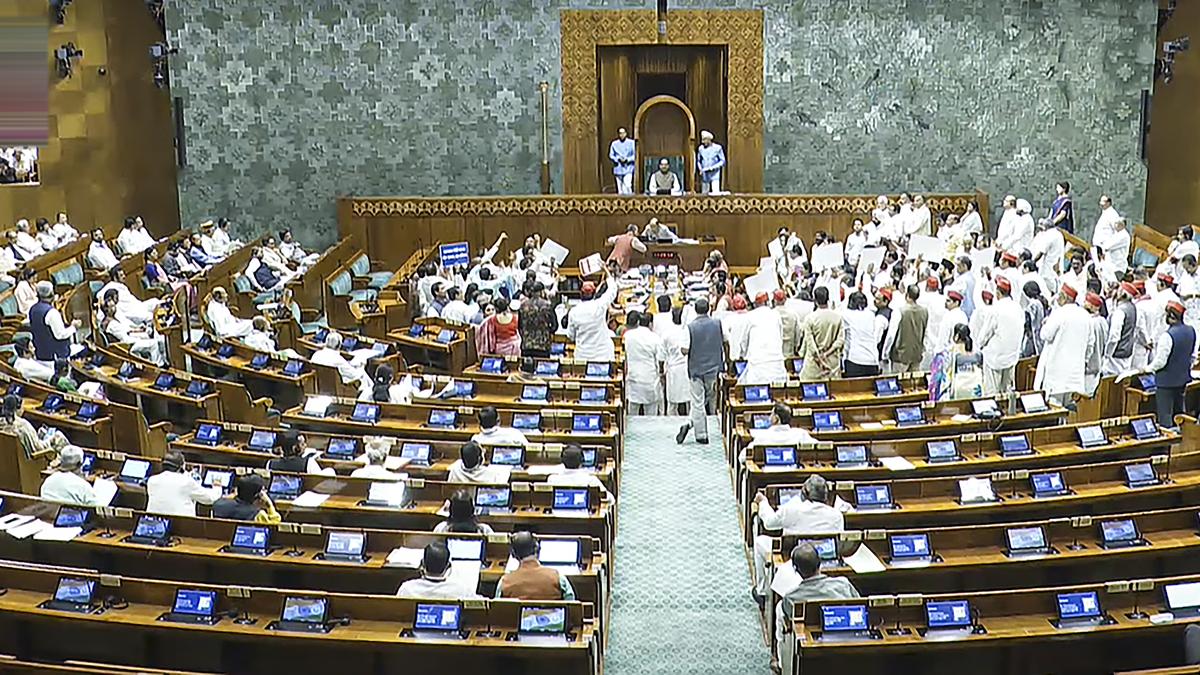With heavy rain alerts in place for Telangana this week, the Cyberabad traffic police are focusing on the IT corridor to ease congestion and ensure quick emergency response during downpours. Measures under consideration include issuing a work-from-home advisory and pressing companies in the tech hub to adopt staggered logout timings to keep key routes clear for commuters and emergency vehicles.
Intense to very intense convection in Bay of Bengal near coastal AP likely to cause very heavy rainfall during Aug 13-16 in #Hyderabad & #Telangana - still developing
Offices esp west Hyderabad may like to stagger timings to avoid peak hour traffic & resultant jams (Aug 13-14) pic.twitter.com/uyqBDaOMA2
While advisories have been issued in the past, officials say the real challenge lies in corporate compliance. “Unless the situation really demands, we don’t issue an advisory. Sometimes it’s late at night or early morning, based on forecasts. But many companies do not always follow it because of their own schedules and cycles,” said Cyberabad Police Commissioner Avinash Mohanty.
A situation report is first prepared and, if conditions warrant, the Cyberabad Commissioner issues it as an advisory to convey urgency, given how quickly weather can change in the city.
The lack of adherence, however, often leaves employees and commuters stranded on flooded roads and flyovers. “Last Thursday (August 7), we advised early logouts by 3.30 p.m. as heavy rain was expected. The Society for Cyberabad Security Council (SCSC) relayed the message, but by midnight we were still struggling to clear routes and rescue stranded commuters,” said SCSC CEO Naved Khan.
Mr. Khan explained that the IT corridor hosts two main types of companies — product firms mostly operating on Indian business hours from 9 a.m. to 6 p.m., and service providers working for international clients, particularly U.S. markets, with shifts typically starting at 2 p.m. and ending around 11 p.m. The former, he said, are the main contributors to peak-hour congestion.
“To ease gridlock, we are suggesting staggered start and end times by 15–30 minutes for both shifts,” Mr. Khan noted. “We also recommend unified transport options for employees heading to the same destinations.”
Police estimate staggered logouts currently reduce traffic by only 10–15% as compliance remains patchy. “In a recent video call with CEOs, we proposed area-wise logout schedules for the IT corridor to spread traffic during rain. Companies declined, saying they would handle their own timings, but on the ground, that’s not happening effectively,” Mr. Mohanty said.
Senior IAS officer Arvind Kumar also flagged the weather threat, posting on X about weather systems forming over the Bay of Bengal that could bring “very heavy rainfall” between August 13 and 16, urging offices in west Hyderabad to stagger timings on August 13 and 14 to avoid jams.
Yet, many IT employees told The Hindu they had received no such instructions from their employers. An employee from a consultation sales company in Nanakramguda said his company had denied work-from-home options for the quarter and had not announced staggered timings, meaning everyone leaves at the same time. Another employee from Knowledge City, working in hybrid mode, said their schedule had remained unchanged despite the weather warnings.
Even hybrid work patterns, officials point out, have created bottlenecks, as most employees choose to come in on Tuesdays, Wednesdays and Thursdays, creating three consecutive peak traffic days. “If those days can be staggered from a load distribution perspective, it would help significantly,” Mr. Naved said.
For now, the police say they will keep issuing advisories, but without stronger cooperation from IT companies, Hyderabad’s tech hub may continue to face the same monsoon-time gridlocks year after year.



.png)
.png)
.png)
















 2 hours ago
5
2 hours ago
5










 English (US) ·
English (US) ·